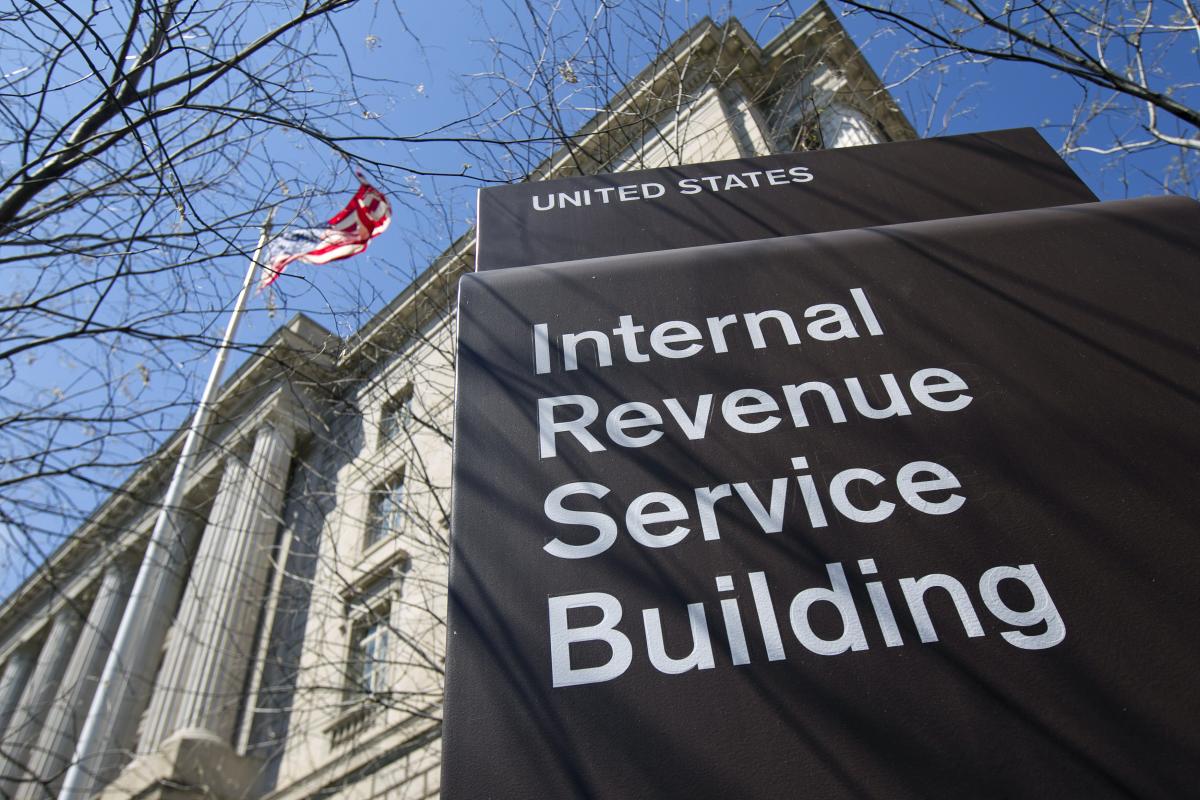 The laws are changing constantly—and plan documents have to be updated to keep up. Here’s how you can help your plan sponsor clients avoid trouble.
The laws are changing constantly—and plan documents have to be updated to keep up. Here’s how you can help your plan sponsor clients avoid trouble.
For IRS pre-approved plans (prototype and volume submitter plans), this means restating documents based on cycles set up by the IRS. But if you miss a restatement deadline, there’s a new, and easier, way to fix things. This may prove to be helpful because two restatement deadlines recently expired: June 30, 2020, for 403(b) plans and July 31, 2020, for pre-approved defined benefit (DB) plans.
Historically, the Voluntary Compliance Program (VCP) was the only way to handle a missed restatement—but that required an IRS submission and the payment of a user fee.
A Better Fix
Due to recent changes to the IRS Employee Plans Compliance Program System (EPCRS), it may now be possible for plan sponsors to self-correct the failure to timely restate the plan.
EPCRS was modified last year with the issuance of Rev. Proc. 2019-19. One of the changes to the program was the expansion of SCP to include the ability to self-correct certain plan document failures. The Rev. Proc. does not specifically state that a missed restatement is a plan document failure. The IRS, however, has informally stated that SCP was modified to permit the self-correction of missed restatements, and this interpretation can also be inferred by an example on the IRS website.
Is Missing a Restatement Deadline a Plan Document Failure?
In other words, can the IRS disqualify a plan solely because the plan was not restated? Technically, no. However, if a plan is not restated, then there is no assurance that the terms of the plan, including any interim or discretionary amendments, satisfy the qualification requirements. If the existing plan and amendments contain no disqualifying defects, then technically there is no defect that must be corrected by physically restating the plan. At that point, though, the plan would be considered an individually designed plan—defeating the purpose of having taken advantage of the efficiencies and convenience of the original IRS pre-approved design. Practitioners and plan sponsors understandably do not want to be in that position and therefore typically assume there is plan document failure when a plan has not been timely restated.
How to Use SCP
There are three conditions that must be satisfied to use SCP. These are not unique to plan document failures—they generally apply to any failure trying to be corrected under SCP. They are:
- The plan must have a “favorable letter” from the IRS;[2]
- The correction (restatement) must be made no later than 2 years after the year of the missed restatement (because the IRS considers all plan document failures to be significant failures),[3]and
- The plan sponsor must have practices and procedures reasonably designed to promote and facilitate overall compliance with applicable Code requirements.[4]
Is There an Alternative to SCP?
One could do nothing and take the position that a restatement is not a qualification requirement and that existing documents have no disqualifying defects. As stated above, this is not a practical solution. The other option is to use the Voluntary Correction Program (VCP). Keep in mind that in 2018 the IRS made significant changes to the VCP user fees. First, the user fees are now based on the plan assets rather than the number of participants. Second, there is no longer a 50% reduction in the user fee for plans that are restated within 1 year of the applicable restatement deadline.
Even though it is not explicitly stated in Rev. Proc. 2019-19, a missed 403(b) restatement can be corrected using SCP if the conditions are satisfied. It is not as clear with respect to DB plans and other qualified plans. We have indications from the IRS that it is available, but the Rev. Proc. does not appear to support those intentions. ARA has raised the issue with the IRS, and we hope the IRS will confirm, in a more explicit way, that SCP can be used for the missed restatement of a DB or other qualified plan.
If you’re not sure, you may want to encourage your plan sponsor clients to check with their legal counsel, recordkeeper or third-party administrator.
[1]Rev. Proc. 2019-19 §7.03 provides [bracketed language added]: Plan Document Failures. An eligible Plan Document Failure, as described in section 4.01(1)(b), may be corrected under SCP provided that the requirements described in section 4.05(2)(c)(I) [Favorable Letter requirement] and 4.05(2)(c)(ii) [treating Plan Document Failures under SCP as significant failures] are satisfied.
[2]For 403(b) plans, because there were no IRS pre-approved plans prior to the most recent restatement period, a plan is deemed to have a “favorable letter” if the current plan document intended to satisfy the 403(b) regulations that became effective in 2009. For qualified pre-approved plans, a “favorable letter” means a favorable opinion or advisory letter issued with respect to the most recently expired 6-year remedial amendment cycle under Rev. Proc. 2016-37. This latter definition is not consistent with the IRS intention which is reflected on the IRS website.
[3]The 2-year correction period generally is the last day of the second plan year following the plan year for which the failure occurred. For example, if a calendar year 403(b)or DB plan was not timely restated, then the failure begins in 2020. The 2-year correction would end at the end of the second plan year following the plan year of the failure, which is Dec. 31, 2022.
[4]The IRS doesn’t provide insight into specific practices and procedures. However, the Rev. Proc. does state that the practices and procedures can be formal or informal (i.e., they do not need to be written). Of course, even the most extensive of practices and procedures do not address a pandemic, which is a reason many plan sponsors may have for missing the deadline.

